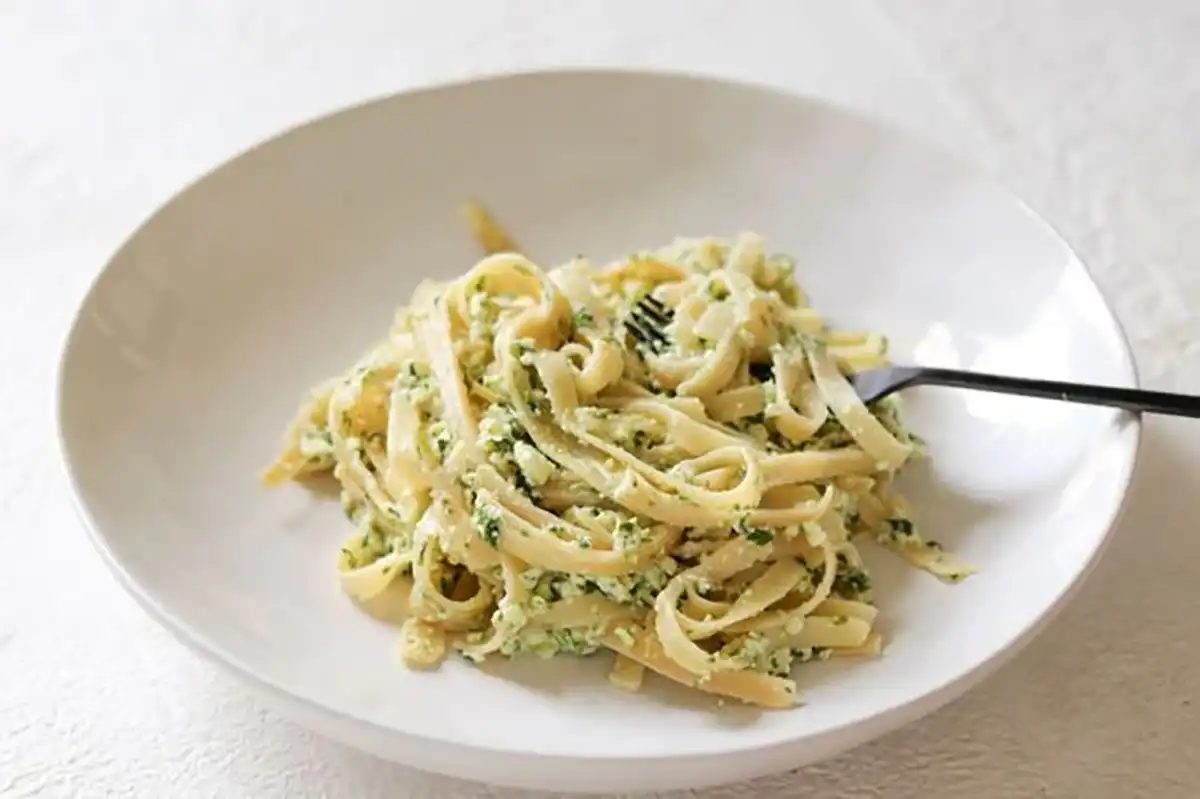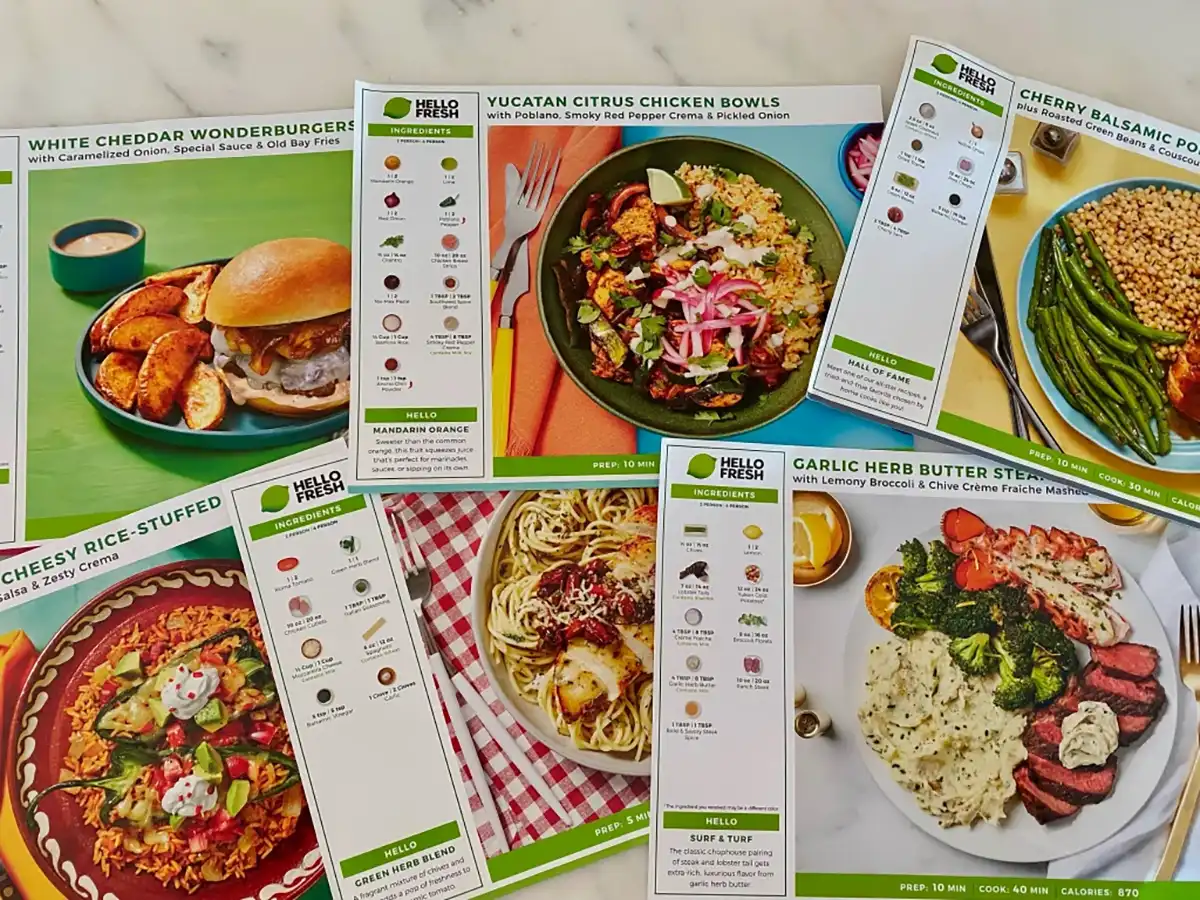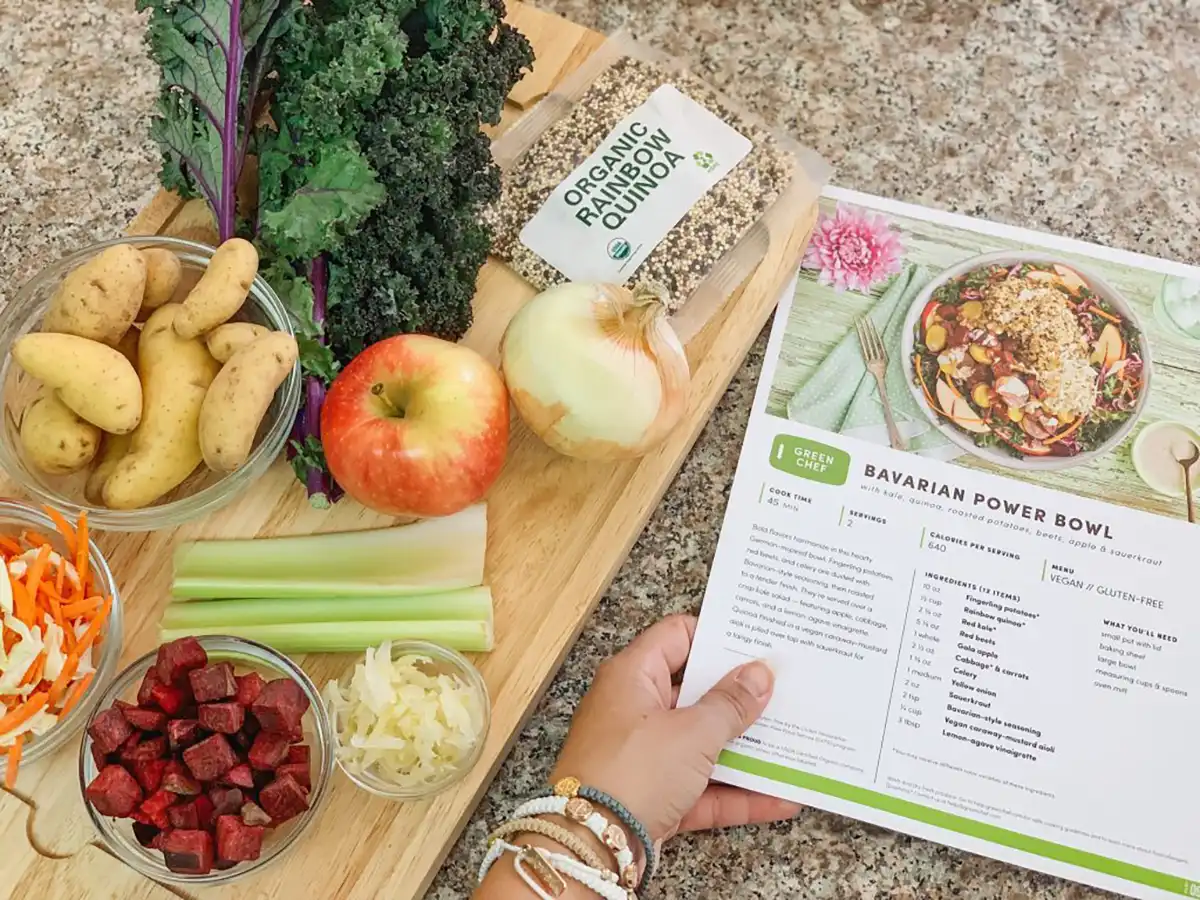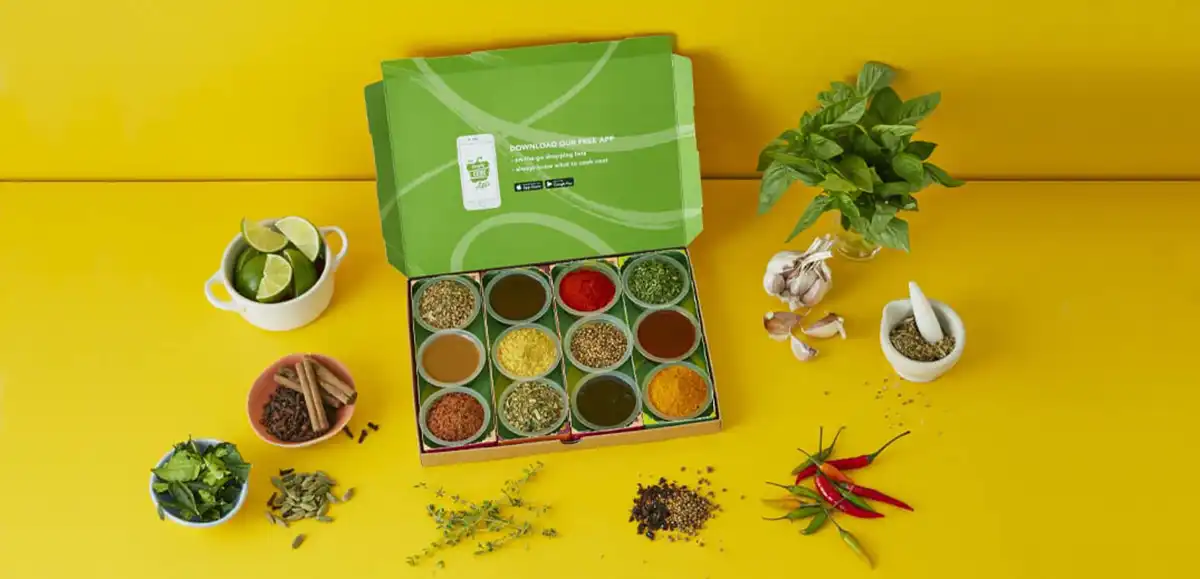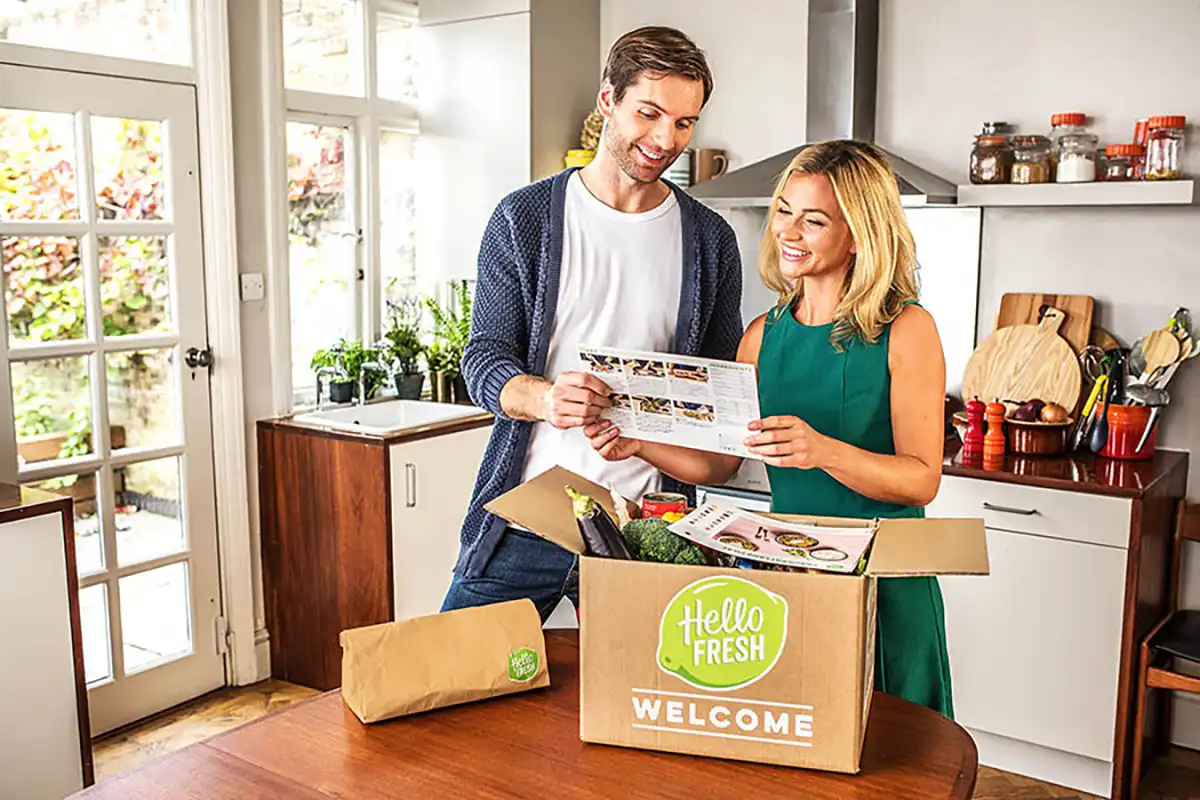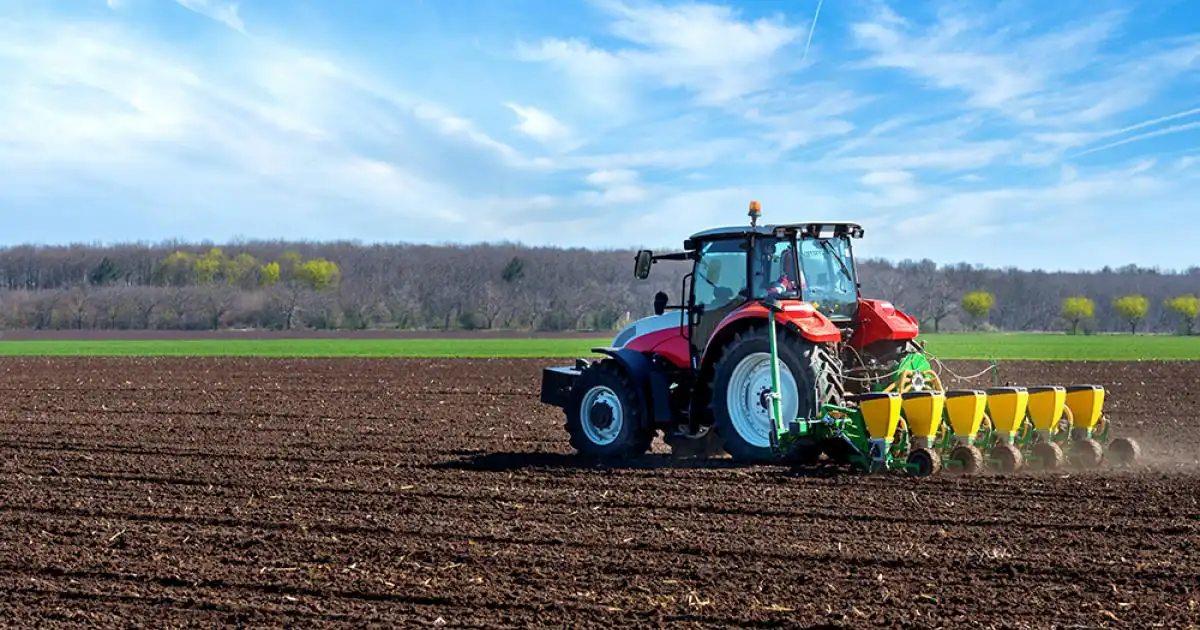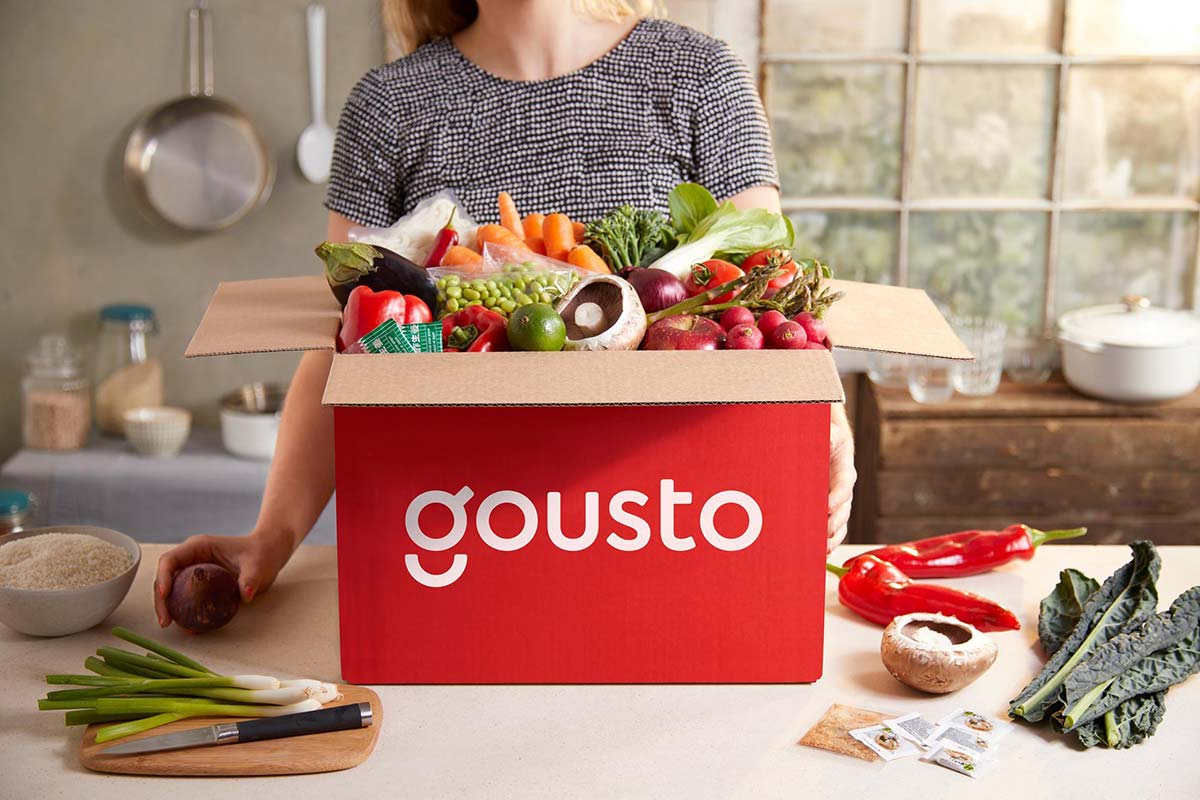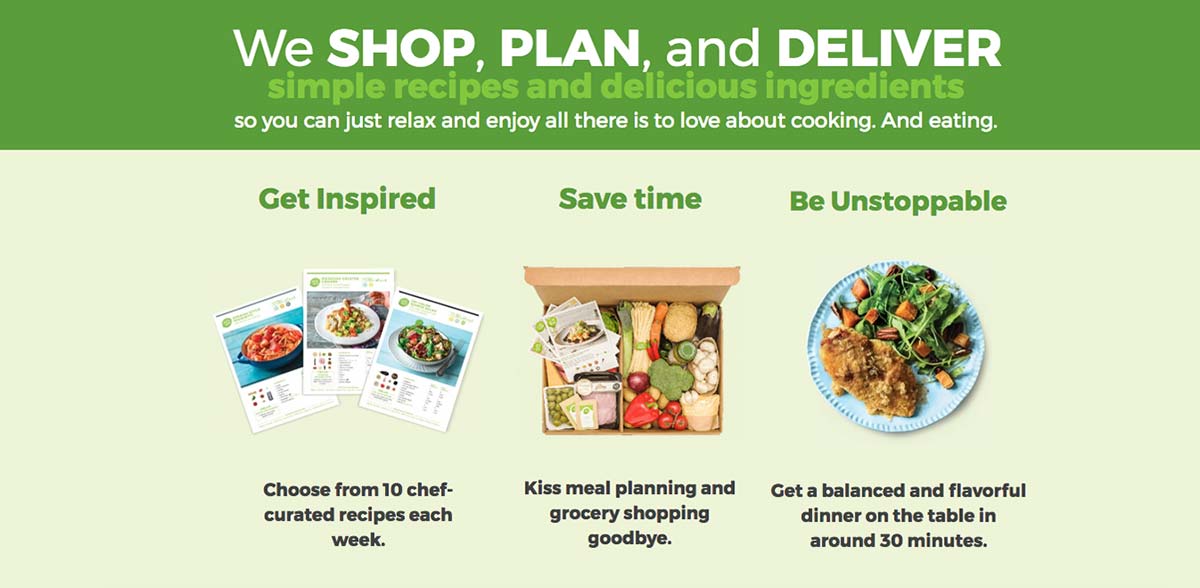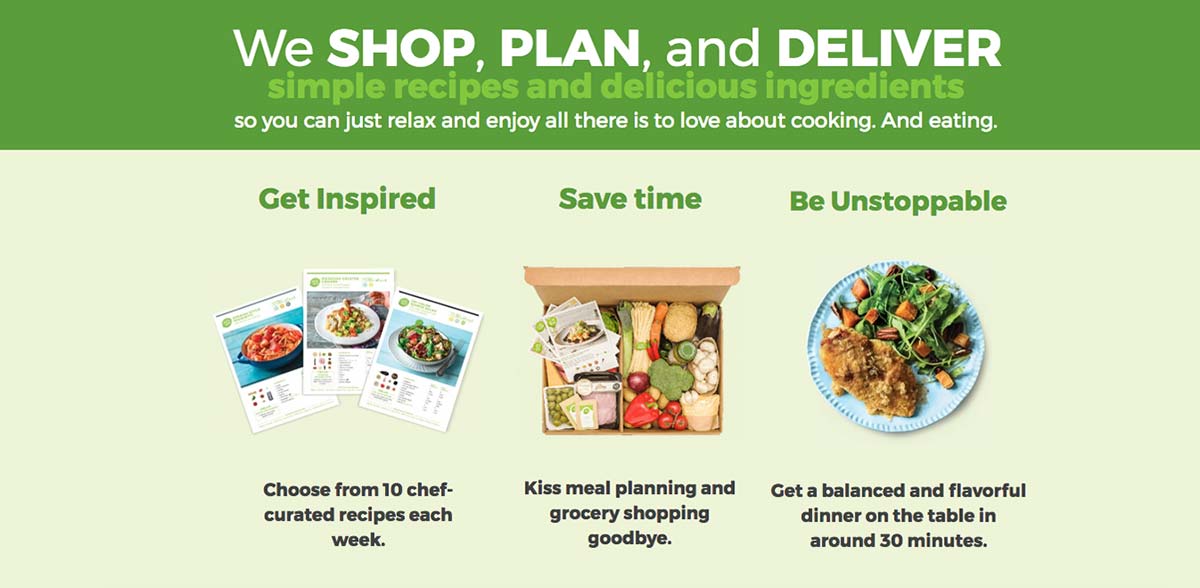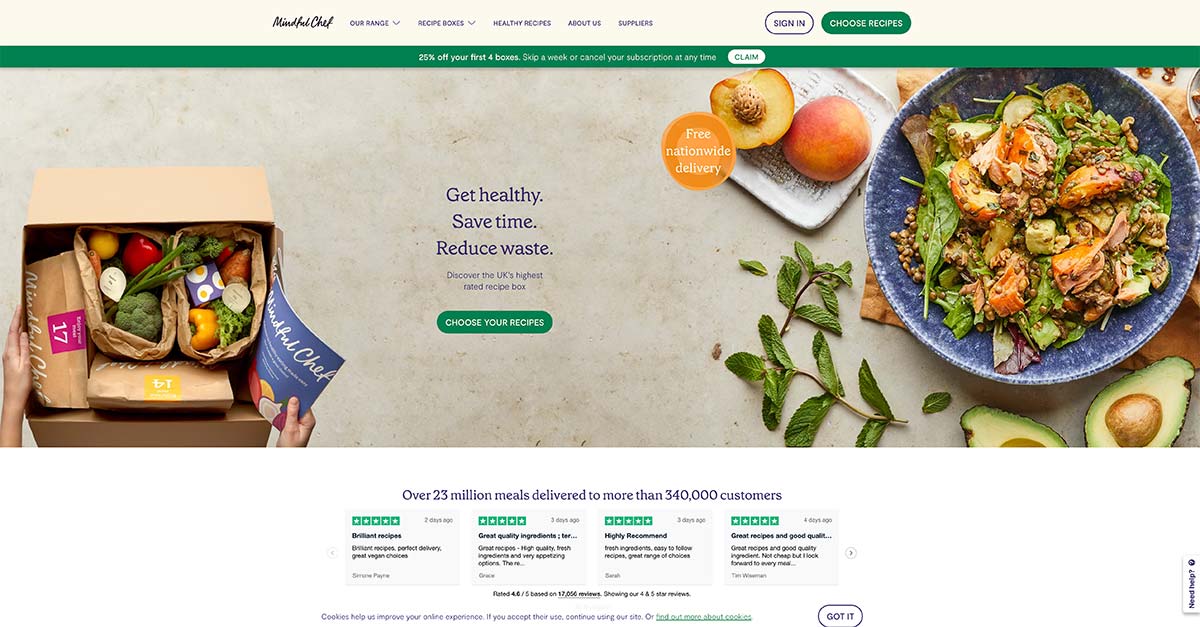Going Vegan - Plant Based Protein Ideas

Going vegan is a popular decision at the moment with more and more people following the plant based diet. But it does stop followers from gaining protein from traditional animal based sources. Here we look at how to get the protein the body needs without eating meat, fish or dairy as well as why.
How Much Protein Do I Need?
With regards to how much protein the body needs, the short answer would be to look at that body and see how much it weighs. For every kilo, on average, an adult will need 0.75g of protein a day. However, what that protein needs to contain over the course of the day is also important. Protein is made up of 22 amino acids, many of which we cannot make in our bodies which is why we need to ingest them. Additionally, protein does also includes many vitamins and minerals - most notably zinc and B vitamins.
Sadly, animal based proteins are ones that provide those amino acids in abundance, whereas not all sources of plant based protein will contain all those amino acids. For that reason, it is highly recommended that if you are following a vegan diet, you eat a wide variety of plant based proteins to ensure you are getting all the amino acids that you need. It is also important to eat many different veggies along with your protein source, to help your body ingest the protein in a form which it can utilise.
Plant Based Protein Ingredients
Tofu
Tofu is a popular plant based protein as it can be easily swapped into many recipes to replace animal protein. Curries are a great example or stir frying tofu in place of fish or prawns is another. However, what is a great idea is also to blend it into foods such as dips or soups so that the food not only becomes richer and creamier, it also has a huge dose of protein included.
This meal from meal delivery kit provider Gousto, of baked sesame tofu and peanut sauce, packs a high protein punch of 7.6g of protein per 100g.
Pulses
Pulses include a wide range of ingredients that include items such as chickpeas, lentils and beans. What’s great about all of them is not only that they offer a large amount of protein - up to 10g per 100 g for some beans, they are also very cheap too. They therefore make a great and affordable way to add healthy protein to your meals. And, thanks to the variety they offer, adding them into your lunches and dinners is easily done.
We love this winter warming carrot and lentil soup, with herb focaccia from Hello Fresh. Packed with red split lentils, it also helps you hit your vegetable intake almost in one go thanks to carrots, onions, tomatoes and clary all mixed into one delicious bowl. It’s perfect for lunches on cold days.
Quinoa
Quinoa is quite the superfood. While it may not be able to stand up to grams of protein per 100g like pulses do (quinoa has 4g of protein in comparison to 9-10g in pulses), it includes every single one of the amino acids that the human body needs. Nutritionists call it a complete protein making it a fantastic replacement or inclusion to any vegan diet. For those unsure how to eat it, it can easily be used in meals where rice or cous cous usually are, yet provide people with all that fantastic protein at the same time. It is also interesting to look at thanks to coming in white red or black - meaning you can switch it up and give your household variety easily, safe in the knowledge they’re getting the protein they need that day.
Try this tikka masala chickpea and quinoa bowl from Mindful Chef. It has so much flavour but nutritionally is a wonderful meal for the whole family.
Nuts And Seeds
Nuts are a good way to up the protein in your diet as they can easily be added to many different meals to provide texture and crunch. Plus, there are so many types of them, from almonds to pistachios to walnuts. Additionally, seeds like hemp or linseed are high in protein too but also help maintain energy levels throughout the day. Add any nuts or seeds to your morning breakfast, or whip them up into homemade nut butters to add to some wholemeal bread or to eat with a delicious bowl of fresh fruit. Almond butter and slices of apple are an easy and nutritious snack for all, right from a weaning baby to the oldest member of your home.
Oats
Finally, oats make it on to our list as an ingredient that can help up a person’s daily protein intake. Oats actually have 10g of protein per 100g, yet are also a wonderful complex carbohydrate. What’s brilliant news about that is that complex carbohydrates release energy slowly into the body meaning you stay fuller for longer - yet you still have had a healthy dose of protein too. Given that the majority of us will eat oats as porridge in the morning, it means not only do you have a filling meal to start your day, you also have worked towards hitting your protein needs with your first meal too. Add some nuts to that or some coconut milk, and you’ll be well on your way to getting the protein you need for a healthy body.
Why Getting Protein Is Necessary
Protein is necessary for our physical health so replacing animal based sources of it in our diet is key. Going vegan is something that many people advocate for staying healthy, but it is essential that you still get enough protein in your diet. Protein helps keep our muscles, organs and skin healthy as well as helping our immune system to ward off infection. Without enough of it, your health can start to deteriorate which is why, when you make a lifestyle decision such as going vegan, you fully understand the implications and how to counteract any deficiencies the diet may have.


















